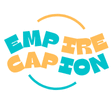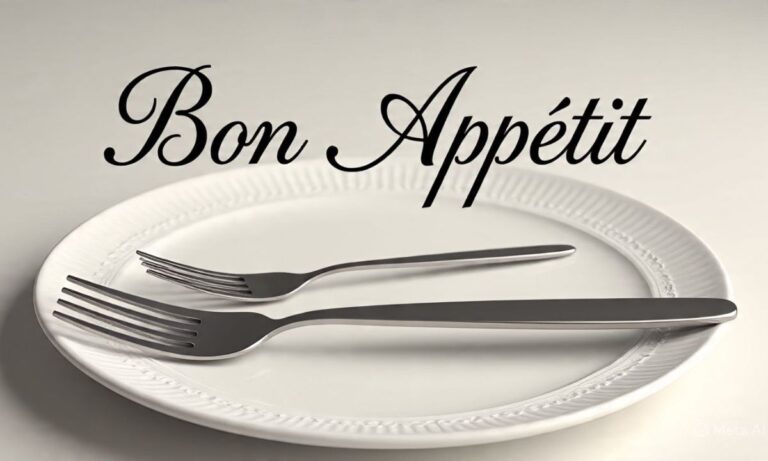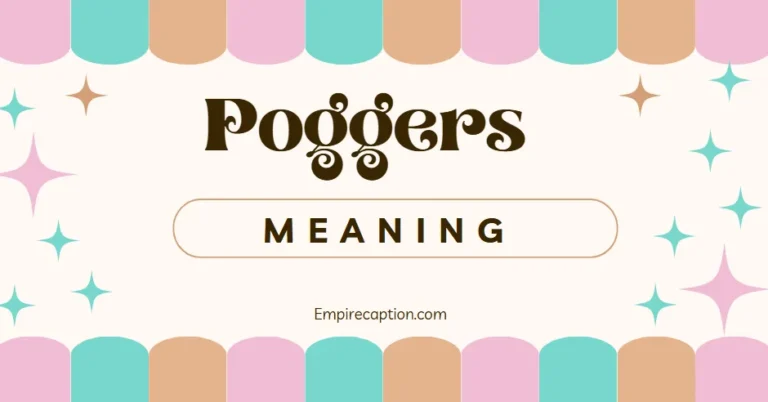Dawg Meaning: A Complete Guide to the Word, Its Origins, and Modern Use
Language evolves constantly, and slang words often shape our everyday conversations. One such word that has gained immense popularity in both casual speech and digital communication is “dawg.” Whether you’ve seen it in a text, heard it in a rap song, or read it in online forums, this term carries multiple layers of meaning depending on the context.
At first glance, “dawg” may look like a playful misspelling of “dog.” While that’s partially true, its significance stretches beyond literal animals. It has roots in African American Vernacular English (AAVE) and hip-hop culture, where it became a friendly term of endearment or camaraderie—similar to saying “buddy” or “pal.” Over the years, its reach expanded to sports, pop culture, internet memes, and even formal entertainment like movies and TV.
In the digital age, people often type “dawg” in text messages, social media comments, and chat conversations to sound casual, humorous, or culturally in tune. It’s also closely linked to phrases like “big dawg,” which can mean a person of importance or influence.
In this article, we’ll break down the meaning of “dawg,” its origins, evolution, cultural impact, and usage—along with practical examples to help you use it correctly. Whether you’re here for linguistic curiosity, cultural insight, or to boost your slang game, this guide will give you everything you need to know.
What Does “Dawg” Mean?
The word “dawg” is most commonly used as an informal way to refer to a close friend, companion, or associate. In conversation, calling someone your “dawg” expresses familiarity, trust, and often affection. It’s a term that bridges casual friendliness with a sense of belonging to the same social group.
For example:
- “What’s up, dawg?” → “How’s it going, friend?”
- “That’s my dawg right there.” → “That’s my close friend.”
In slang, “dawg” can also imply respect or acknowledgment of someone’s achievements, especially in sports, music, or street culture. For instance, a basketball player might say to a teammate, “You played like a real dawg out there,” meaning they played with skill and determination.
Outside of the friendship context, “dawg” may also appear in phrases like:
- Big dawg → Someone with authority, influence, or leadership status.
- Playin’ a dawg → Acting tough or confident.
Importantly, while “dawg” is widely understood, tone and context determine whether it’s taken positively or negatively. In most friendly exchanges, it’s complimentary, but in confrontational situations, it can carry sarcasm or aggression.
The Origin and Evolution of “Dawg”
The origins of “dawg” trace back to African American Vernacular English in the 1970s and 1980s. It emerged as a phonetic spelling of “dog” to reflect a particular style of pronunciation common in certain communities. Over time, it became embedded in hip-hop lyrics, urban slang, and street culture.
In the early hip-hop era, artists like Snoop Dogg, Ice Cube, and Dr. Dre popularized “dawg” in their songs and interviews, turning it into a cultural marker of coolness and authenticity. For example, Snoop Dogg’s own name is a nod to this slang usage.
By the 1990s, the term had crossed into mainstream media, appearing in movies, sports commentary, and even comedy shows. Athletes, especially in the NFL and NBA, embraced the term to hype each other up, and fans picked it up from there.
In the 2000s and beyond, “dawg” became an internet-friendly term. With texting and social media platforms like Twitter, Instagram, and TikTok, the word gained even more reach, often spelled in lowercase for casual tone.
Today, “dawg” isn’t restricted to one culture or demographic—it’s used globally, though it still carries the stylistic influence of its African American cultural roots.
Is “Dawg” a Slang, Acronym, or Name?
“Dawg” is primarily slang, but it can also be part of nicknames or stage names.
- As slang: It’s a casual term for a friend, similar to “bro” or “homie.”
- As part of a name: Many entertainers use “dawg” in their stage names, such as rapper Nate Dogg or the iconic Snoop Dogg.
- Not an acronym: While some might try to create humorous backronyms for “DAWG” (e.g., “Doing All Wonderful Games”), these are playful inventions rather than official meanings.
Interestingly, some people use “dawg” to create brand identities for sports teams, podcasts, and YouTube channels—especially in contexts aiming to be relatable or “street smart.”
“Dawg” Pronunciation & Spelling
“Dawg” is pronounced just like “dog” in standard English—/dɔːɡ/—but with a slightly drawn-out vowel sound in casual speech, especially in American Southern and West Coast accents.
Common spellings:
- Dawg (most common in slang)
- Dogg (popularized by artists like Snoop Dogg)
- Dog (standard English)
Why the spelling change?
The altered spelling reflects phonetic pronunciation and stylistic flair, giving it a distinct identity from the literal animal “dog.” This spelling is part of its charm and cultural authenticity.
How People Use “Dawg” Today
In today’s world, “dawg” appears in:
- Friendship greetings: “Hey dawg, long time no see.”
- Sports motivation: “We need to play like dawgs out there.”
- Rap and hip-hop lyrics: Symbolizing loyalty, toughness, or swagger.
- Casual texting: To keep tone light and informal.
- Nicknames: Shortening names or creating fun personas.
It’s also common in memes and online humor. For example, a meme might feature a dog in sunglasses with the caption “cool dawg,” blending literal and slang meanings.
Many people—especially Gen Z and millennials—use “dawg” interchangeably with words like “bro” or “mate,” although it can carry a slightly more urban or street-smart feel.
Examples of “Dawg” in a Sentence
- “Yo dawg, what’s going on?”
- “That’s my dawg for life.”
- “You’re a real dawg on the court.”
- “Big dawg’s in the house.”
- “Chill out, dawg, we got this.”
- “She’s been my dawg since college.”
- “Respect, dawg, that was a great move.”
- “My dawg came through in the clutch.”
- “No worries, dawg, I got you.”
- “That dawg energy is unmatched.”
- “Sup dawg, you hungry?”
- “The big dawgs run the game.”
- “Stay cool, dawg, everything’s fine.”
- “Thanks for the help, dawg.”
- “Dawg, that was hilarious.”
- “We’re all dawgs here.”
- “He’s the top dawg in the company.”
- “No cap, you’re my dawg.”
- “I told you, dawg, trust the process.”
- “Legendary play, dawg!”
Other Possible Meanings of “Dawg”
While the friendship-based meaning dominates, “dawg” can also:
- Refer literally to a dog (often in a humorous or affectionate way).
- Be a brand or mascot name (e.g., sports teams like the Georgia Bulldogs often call themselves “Dawgs”).
- Appear in creative expressions in marketing and media for a casual vibe.
In rare cases, “DAWG” might appear as an acronym in technical contexts, but this is uncommon compared to its slang use.
Words and Acronyms Related to “Dawg”
Related slang includes:
- Bro
- Homie
- Mate
- Buddy
- Big dawg
- Top dog
All these terms share the theme of camaraderie, respect, or leadership.
Is “Dawg” in the Dictionary?
Yes. Modern dictionaries, including Merriam-Webster and Oxford English Dictionary, include “dawg” as an informal variant of “dog,” noting its slang meaning of “friend” or “fellow.”
This recognition shows how slang can enter formal lexicons when it becomes widely understood.
Better Alternatives to Say “Dawg”
If you want to vary your vocabulary:
- Bro
- Dude
- Pal
- Buddy
- Mate
- Homie
- Frien
Cultural and Generational Impact of “Dawg”
“Dawg” has shaped pop culture through hip-hop, sports, and internet memes, symbolizing friendship, loyalty, and authenticity. Younger generations use it more casually, while older generations may see it as linked to specific subcultures.
Why It’s Important to Know These Words
Understanding slang like “dawg” improves social fluency, cultural literacy, and digital communication. It helps you engage naturally in conversations, especially online.
The Future of the Word “Dawg”
“Dawg” is likely to remain in popular use thanks to its deep cultural roots and continued presence in music, sports, and memes.
Frequently Asked Questions (FAQs)
1. Is “dawg” offensive?
Not usually, unless used in a hostile tone.
2. Can I use “dawg” in formal writing?
It’s best suited for informal contexts.
3. Does “big dawg” mean boss?
Yes, it often refers to someone in charge or highly respected.
Conclusion
“Dawg” is more than just slang—it’s a cultural symbol of friendship, loyalty, and respect. From its African American roots to global internet culture, it has evolved into a universally understood term that bridges generations and communities.
Also Read: vro meaning







